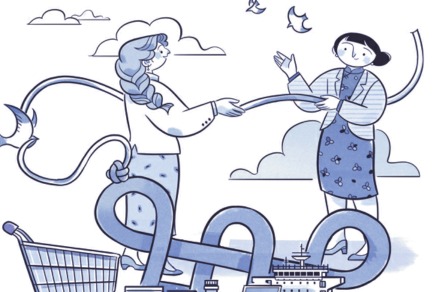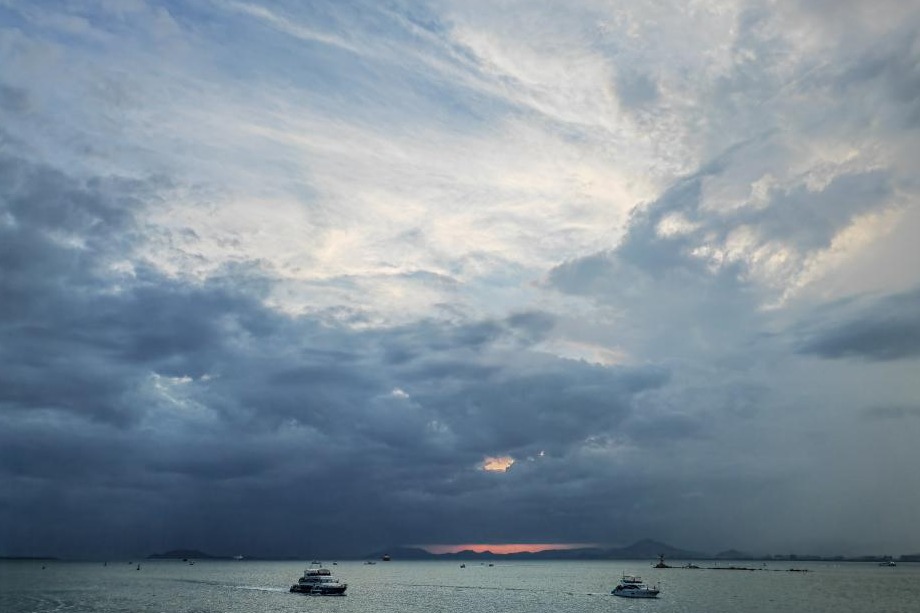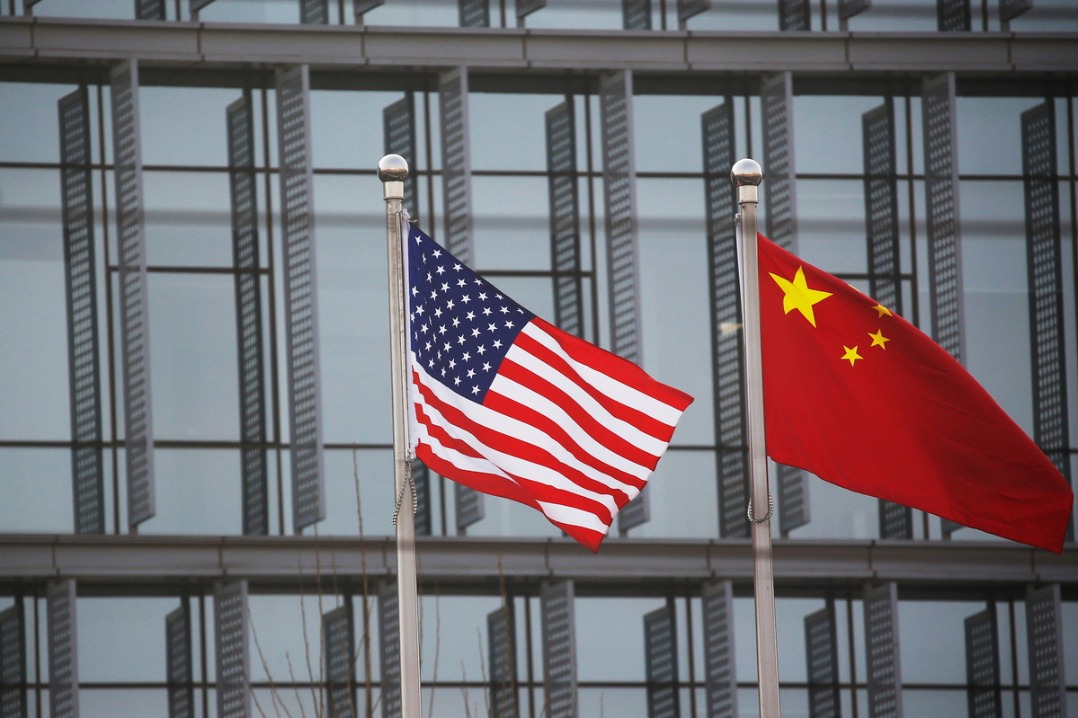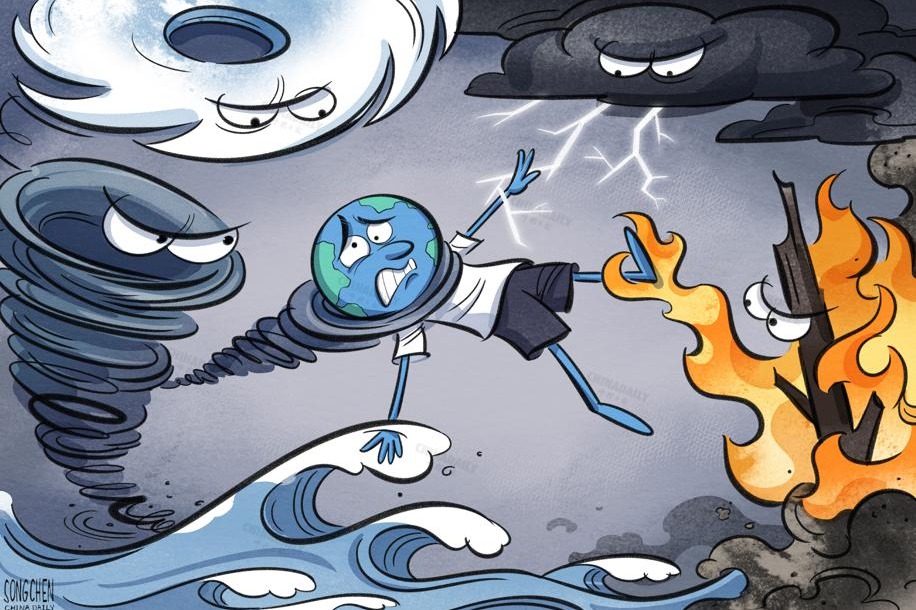Bodies at Canadian school expose shocking genocide

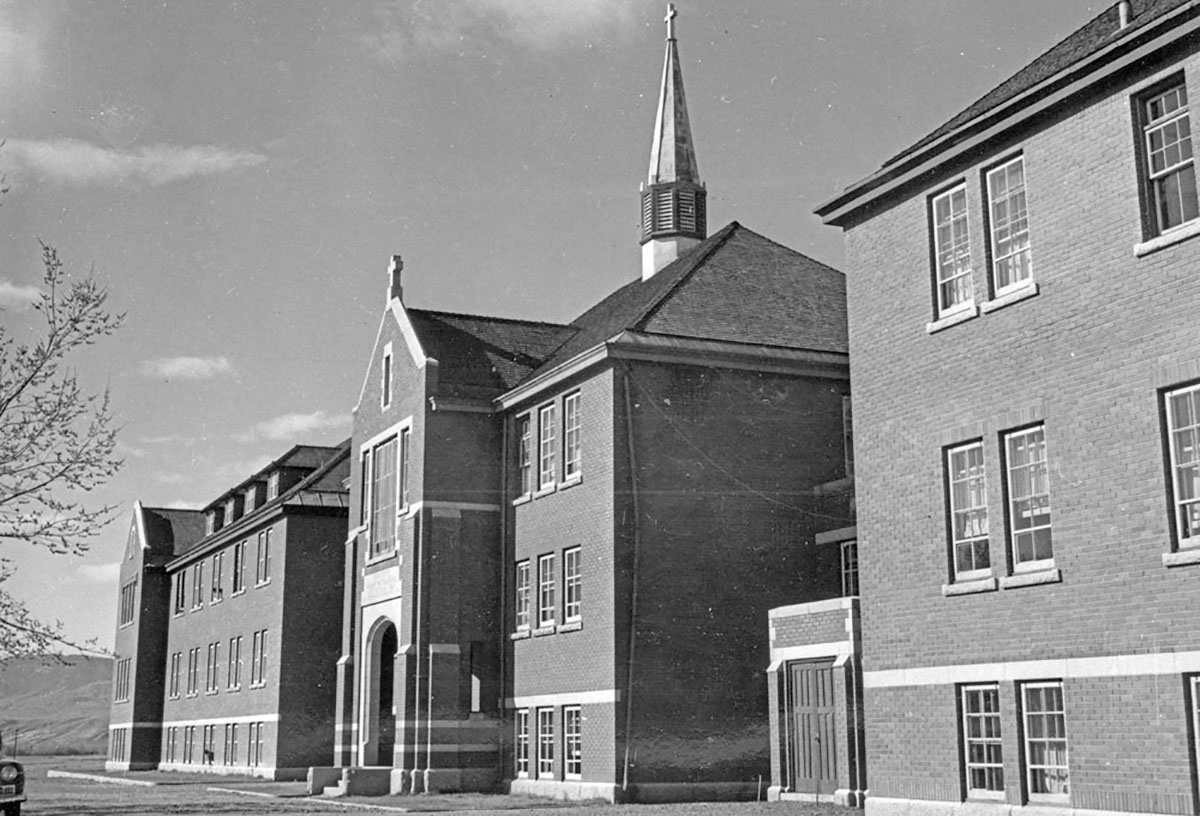
Speaking of genocide and forced education, the West's double standards are laid bare in their silence on Canada's recent discovery of over 200 bodies of indigenous children, a sharp contrast to their fierce yet groundless libel over Xinjiang Uygur autonomous region.
The remains of 215 indigenous children, including some as young as 3, have been found on the grounds of a former residential school in British Columbia last week — a grim discovery from one of the darkest chapters of Canadian history.
The havoc resurfaces the issue of residential schools and the wounds from this legacy of genocide towards indigenous people.
The UN General Assembly, meeting in Paris on Dec 9, 1948, approved the Convention on the Prevention and Punishment of the Crime of Genocide. It defined genocide as, among other things, "Killing members of the group, or causing serious bodily or mental harm to members of the group, or forcibly transferring children of the group to another group" within a population and said genocide is a crime under international law, whether in peace or war, to be prevented and punished.
From the 19th century until the 1970s, more than 150,000 First Nations children in Canada were required to attend state-funded Christian schools as part of a program to assimilate them into Canadian society. They were forced to convert to Christianity and not allowed to speak their native languages. Many were beaten and verbally abused, and up to 6,000 are said to have died, reported the Associated Press.
The Canadian government apologized in Parliament in 2008 and admitted that physical and sexual abuse in the schools was rampant. Many students recall being beaten for speaking their native languages; they also lost touch with their parents and customs.
Even today, inequalities and injustices in income, education, health, jobs and political representation have been a distinguishing feature of all multi-ethnic societies with indigenous and tribal populations, according to UN’s Department of Economic and Social Affairs on Indigenous Peoples.
While it is difficult to determine exactly how many indigenous people lived in North America before Columbus, historians estimate that the extermination of indigenous peoples took the lives of 100 million people.
After the exposure of such evident racial discrimination and genocide in the West, some Western media and governments who have great passion in attacking China's "racial issues" have been silenced, in an attempt to muddle through time, and then continue to fight "the issue of human rights and racial discrimination" in China, without any evidence.
It is prudent, therefore, to be skeptical whenever the West labels charges of human rights violations against another country. No Western nations can hold the high moral ground because of the long history of grave human rights violations.
The author is a writer with China Daily.






















